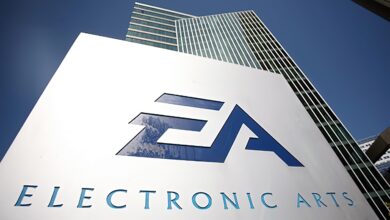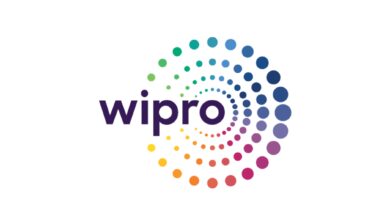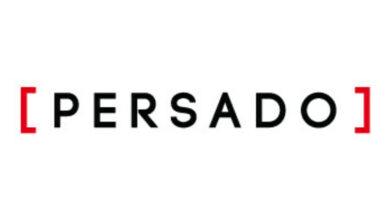Generative AI Is Forcing Employees To ‘Level Up,’ Report States

By Melanie Wilcox
About three quarters of organizations plan to change their talent strategies in the next two years, focusing on altering work processes and investing in upskilling and reskilling, according to the Deloitte AI Institute’s latest report. To address potential job displacement, these organizations are retraining their workforces, enabling employees to transition into new roles created by AI advancements.
“The State of Generative AI in the Enterprise: Now Decides Next,” is based on a global survey of nearly 2,000 director- to C-suite-level respondents. All respondents are experienced with AI and are piloting or implementing generative AI in their organizations.
About 39% of organizations plan to increase their headcount over the next year to support their artificial intelligence initiatives and 38% are keeping their headcount unchanged, the report states. The growth is driven by the need for technical skills to develop and manage AI technologies.
About 72% of respondents in the Deloitte report said their trust in AI within their organizations has increased since generative AI emerged in late 2022. Nearly half of respondents, or about 47%, say they are quickly integrating AI into their organizations and about 73% of organizations that already have high AI expertise are integrating AI.
These leaders still cite lack of trust as a key barrier to implementing large-scale AI adoption. There are concerns about the quality and reliability of generative AI’s output, and employees are still resisting using generative AI due to lack of familiarity, potential data inaccuracies, and fear that they will lose their jobs.
The report did not state how many routine and automated jobs AI will displace. IBM plans to replace 7,800 jobs with AI and Google reportedly plans to eliminate 30,000 employees. These layoffs will affect middle-class positions in HR, finance, and sales rather than tech executives.
The findings from the Deloitte report support Forbes’ reporting that even though 85 million jobs will be displaced globally over the next five years due to AI, about 97 million new jobs will be created during that same time period, according to a World Economic Forum report.
The AI revolution is already impacting college seniors applying for jobs. Employers plan to hire 5.8% fewer new graduates than they did last year, according to a spring survey of 226 employers by the National Association of Colleges and Employers (NACE). NACE spokesperson Mimi Collins clarified that the findings are not necessarily attributed to AI. However, it’s hard to ignore the focus on reskilling and upskilling for AI-focused roles in the workplace, which likely impacts college seniors who have only had internships.
Overall, the findings from the Deloitte report suggest that generative AI won’t necessarily take jobs; it will redefine them and replace them with new ones. Employees need to prepare and level up their skills.
Deloitte did not respond to a request for comment.



